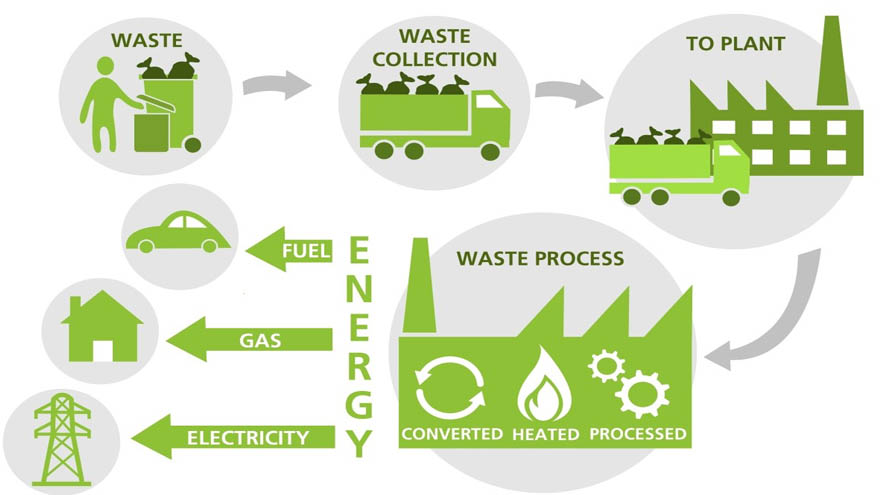Limit Pollution and Stay Healthy
Learning about your dumpster rentals and waste management
What is managing and treating waste
Posted on June 20, 2021 in Wellness

The few reasons for waste management are:
– The quantitative growth of the waste produced, parallel to that of the level of life; these can invade us if no action is taken to reverse this trend
– On the financial level, the various pollution caused to the environment by the waste disposal is expensive. By managing waste it is possible, therefore, to take into account the effects on the environment …
Also, managing waste means ensuring its removal and treatment. This is therefore, an ongoing process throughout the entire lifecycle of such waste. And this process is based on three stages: prevention, recycling and disposal.
In one first step, waste must be reduced or avoided, then recycled as much as possible and finally only dispose of them in an environmentally friendly manner when they gave all usage they could. It is not just a question of ensuring a safe downstream disposal, but also to modify production processes by upstream through the use of clean technologies, and recovery of waste.
But to achieve optimal waste management, there are other parameters among these three stages: collection and sorting play a strategic role, waste transfers, information, as well as research into new technologies. According to the waste management and recycling experts at Philadelphia dumpster rentals, waste disposal requires a new approach to face the challenges of the future and avoid a soon to come crisis.
Thus, a global waste management policy can be based on following the definition: “a coherent set of measures concerning both design, manufacture and use of products that recover and waste disposal and aimed at reducing in the most efficient and the nuisances and costs generated by waste.
Gone are the days when it was enough to throw household waste away from society and forget about them. Today, if we set aside recycling (storage at short term), there are three main methods of waste treatment: composting (return to earth), incineration and landfill.
But, this waste of all kinds is difficult to manage given their quantitative and qualitative development and the extension of legal rules that involve greater technicality in the development of incineration, storage or recovery, justify this growing need for treatment. The factors of the increase in waste have already been described, they are therefore well known and are compatible with the production and consumption of mass.
In addition, treatment is understood to mean any process which tends to make the less voluminous waste and above all less polluting for the environment and health of humans. The treatment of household waste is essential for a reason of elementary health.
Also, treating waste allows it, on the one hand, to be buried so as not to generate nuisances and to be separated from cycles so as not to not disturb them, on the other hand, to be rejected in the surrounding environment without creating however additional pollution.
If the waste material necessarily ends up in one of these routes, it can previously be reintroduced into the circuits of production, distribution or consumption, before becoming waste again: there is thus waste recovery.
 I try my best to only publish information that is 100% verified and scientifically proven.
I try my best to only publish information that is 100% verified and scientifically proven.